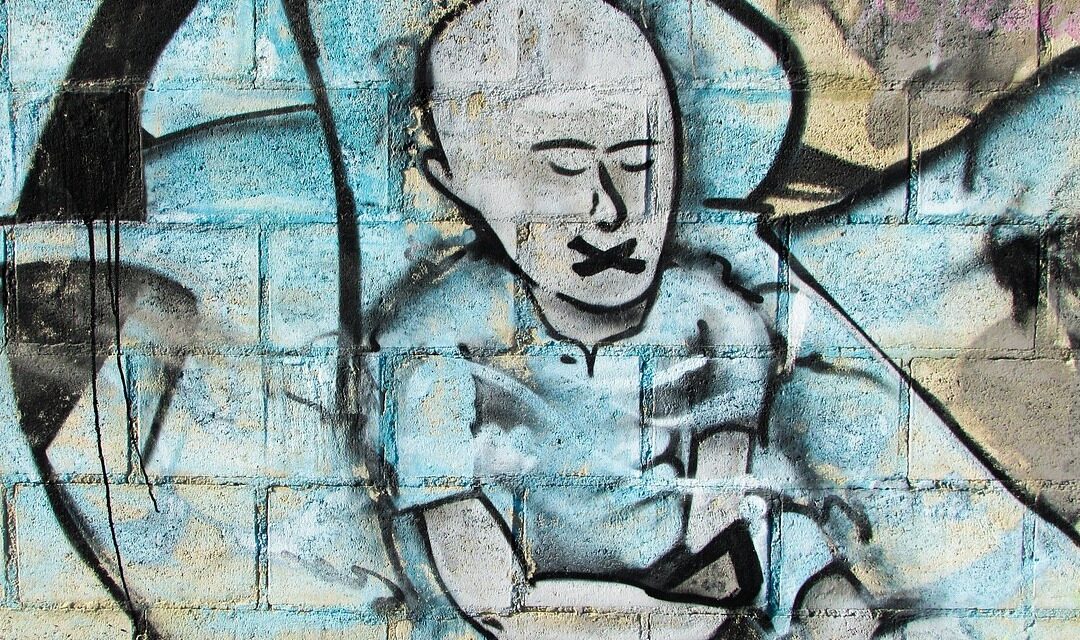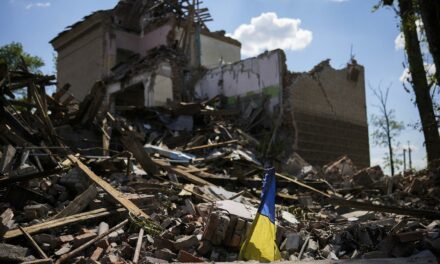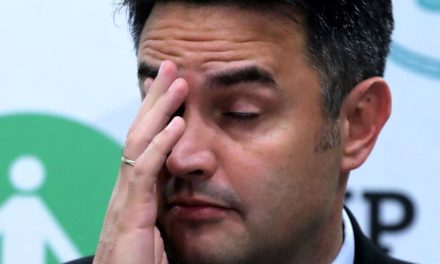Freedom of expression, as a hundreds-year-old constitutional right, a first-generation, classic political freedom, is included in important documents such as the International Covenant on Civil and Political Rights (Article 19, Paragraph 2), the European Convention on Human Rights (ECHR, Article 10 Article 1, paragraph 1), as well as in the majority of national constitutions, including the Basic Law of Hungary (Constitution), Article IX of which (1)-(2) states that everyone has the right to freedom of expression, Hungary recognizes and protects the freedom and diversity of the press, and ensures the conditions for free information necessary for the development of democratic public opinion.
Normative foundations of freedom of expression and limitations
Although Article 2 of the Treaty on the European Union (TEU), which contains the EU's core values, does not expressis verbis provide for freedom of expression, however, it does provide for the basic principles of the democratic state of law, and their immanent criterion is the existence of freedom of expression, that is, even if in such an indirect way but - even the founding treaties of the EU contain it.
Article 11(1) of the EUSZ states that the institutions shall use the appropriate means to ensure that citizens and interest representative organizations can express their opinions on any activity of the Union and discuss them publicly.
Freedom of expression, which includes freedom of speech and the press, is a first-generation fundamental right, which, according to the interpretation of the Constitutional Court, must bow only to human life and dignity as inalienable human rights, and before any other kind of restriction, a strict necessity-proportionality test must be carried out is mandatory.
The necessity-proportionality test is also included in Article I, paragraph 3 of the Basic Law, if it declares that a fundamental right is necessary for the enforcement of another fundamental right or the protection of a constitutional value, to the extent absolutely necessary, in proportion to the goal to be achieved, and the fundamental right is essential can be limited by respecting its content.
Based on the interpretation of the Constitutional Court, freedom of opinion is the basis of individual self-expression, and to that extent it is inseparable from human dignity. According to Article 11 (1) of the ECHR, the freedom of expression includes the freedom to form an opinion, the freedom to learn and communicate information and ideas, and, according to Article 30/1992. (V. 26.) Based on AB decision, the right to assemble, the right to association, the right to access data of public interest, the freedom of conscience and religion, as well as the freedom of speech and the press.
3048/2022 of the Constitutional Court. (II. 4.) According to the AB's decision, the robed body previously explained several times in connection with the freedom of expression that this fundamental right protects the formulation and sharing of an idea with others, regardless of its form of expression. Consequently, not only speaking in the ordinary sense falls within the scope of constitutional protection, but also all behavior (use of symbols, movements, etc.) that has informational content. 14/2019. (IV. 17.) The reasoning of the AB decision states that "Article IX of the Basic Law Article (1) protects communication, the delivery of a typically political opinion to others, regardless of its form of expression."
Disinformation and freedom of expression
The limitless range of human dignity can be violated in two ways. On the one hand, if the humanity of the person concerned is questioned, and on the other hand, if the speaker self-servingly attacks the traits that make up the essence of personality and identity. This violation of law creates an objective basis that the courts can also refer to when assessing defamation under criminal law.
The Hungarian practice, 7/2014, should be mentioned here again. (III. 7.) According to the justification of the AB decision, the individual opinion represents an independent value, and according to the principle of content-neutral protection formulated by the Constitutional Court, the opinion is a value to be protected regardless of its value and truth, and the freedom of expression of opinion only has external limits. This means that the very possibility and fact of expressing an opinion is protected, regardless of its content.
In addition to the above-mentioned human life and dignity as inalienable basic rights, there may also be civil and criminal legal obstacles to freedom of expression. However, reference to disinformation is usually not made because someone has violated another person's right to privacy, human dignity, or even committed a defamatory crime (slander, defamation, defamation), but because some persons/organizations consider that the communication - often political classifying it on the basis of - "does not correspond to reality" or carries a political value that is unfavorable for them. However, the essence of freedom of expression is that content-neutral, i.e., free opinion in itself is the value to be protected. Political will cannot override a first-generation fundamental right - at least not in a democratic rule of law (or in a self-proclaimed democratic organization like the EU).
According to the announcement of the Constitutional Court of July 16, 2018, the value judgment expressed in relation to public affairs and persons exercising public power and public politicians cannot, as a general rule, be the basis for legal impeachment, but in some cases they are also entitled to privacy.
The limitless range of human dignity can be violated in two ways. On the one hand, if the humanity of the person concerned is questioned, and on the other hand, if the speaker self-servingly attacks the traits that make up the essence of personality and identity. This violation of law creates an objective basis that the courts can also refer to when assessing defamation under criminal law.
The only criminal law-relevant disinformation can be the dissemination of horror news, but this has strictly defined, conjunctive conditions - the recording of this fact was necessary in 2020 because the left spread untruths that hindered the protection against the coronavirus epidemic and thus put other people's lives at risk.
According to § 337, paragraph (1) of Act C of 2012 on the Criminal Code, whoever, in the scene of a public danger, in the presence of a large group of people, distorts or distorts an untrue fact or fact in connection with the public danger in a way that is suitable for a larger group of people at the scene of a public danger causing disturbance or unrest, is punishable by up to three years' imprisonment for a felony.
The joint statement of the European Parliament, the European Council, the Council, the European Economic and Social Committee and the Committee of the Regions, dated 10 June 2020, entitled Dealing with disinformation related to Covid19, declares that the coronavirus cannot be used as a pretext for curtailing the freedom of expression and unjustified restrictions on access to information and transparency. Using a simple analogy, this could also be true in other cases, i.e. if Brussels did not differentiate on political grounds between certain organizations, parties (or, as the case may be, countries and their democratically elected governments), then also in the case of silencing national, right-wing voices and opinions with reference to disinformation would perform.
Source: Basic Law Blog
Cover image: Pixabay













